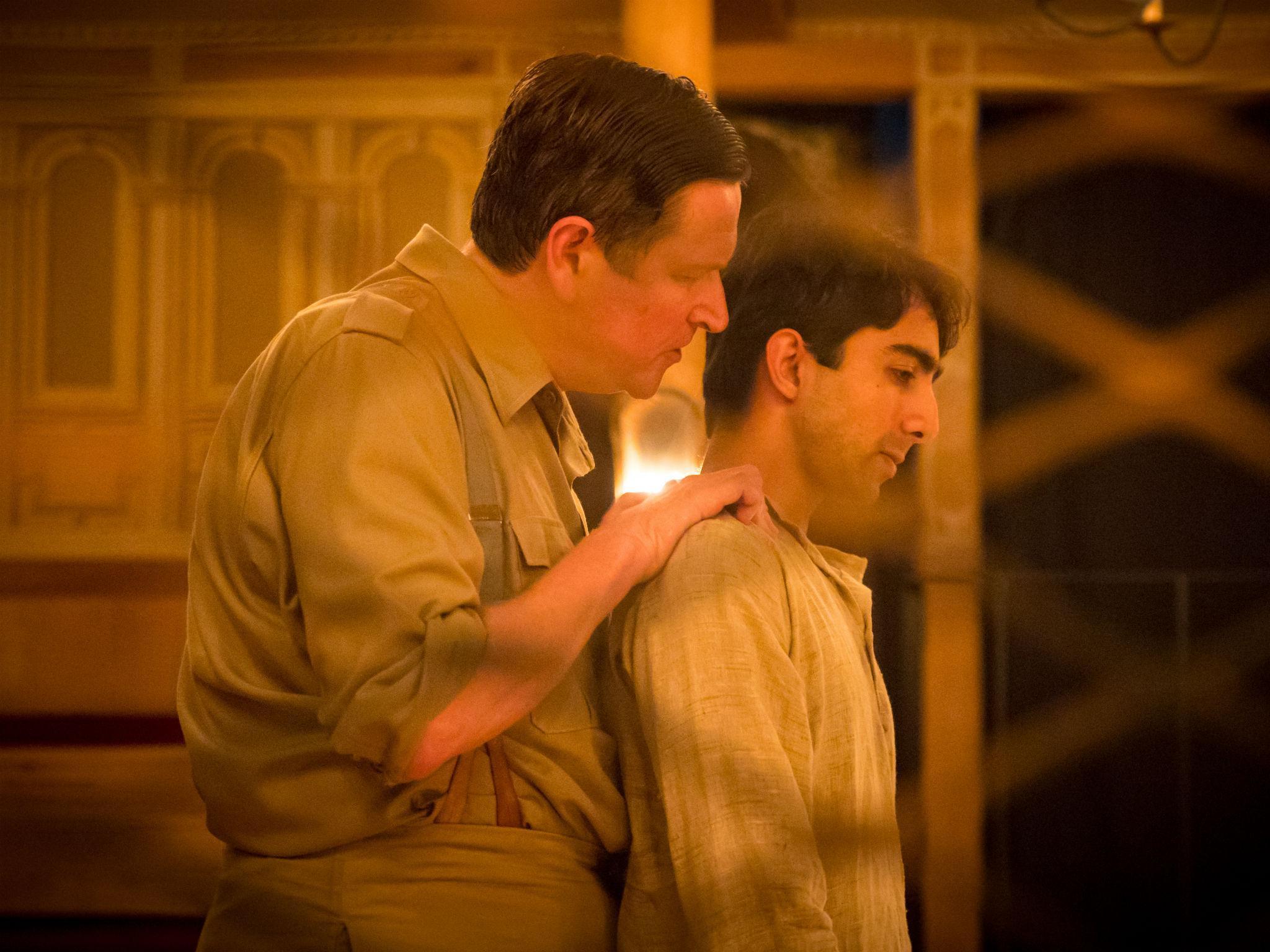Lions and Tigers, Sam Wanamaker Playhouse, London, review: A superb central performance from Shubham Saraf
Playwright Tanika Gupta's new play, based on the true story of her great uncle and freedom fighter Dinesh Gupta, marks the 70th anniversary of Indian independence from an unexpected angle

Your support helps us to tell the story
From reproductive rights to climate change to Big Tech, The Independent is on the ground when the story is developing. Whether it's investigating the financials of Elon Musk's pro-Trump PAC or producing our latest documentary, 'The A Word', which shines a light on the American women fighting for reproductive rights, we know how important it is to parse out the facts from the messaging.
At such a critical moment in US history, we need reporters on the ground. Your donation allows us to keep sending journalists to speak to both sides of the story.
The Independent is trusted by Americans across the entire political spectrum. And unlike many other quality news outlets, we choose not to lock Americans out of our reporting and analysis with paywalls. We believe quality journalism should be available to everyone, paid for by those who can afford it.
Your support makes all the difference.There is no shortage of drama about the bloody effects of Partition. So all the more credit to Tanika Gupta: her powerful new play, Lions and Tigers, marks the 70th anniversary of Indian independence by showing us the foregoing struggle for freedom from a fresh and unexpected angle.
Concentrating on events in the early 1930s, the piece tells the true story of her great uncle Dinesh, A young Bengali revolutionary, he was sent, with two comrades, to Calcutta to shoot dead the brutal inspector-general of prisons. It was a suicide mission that would have been successful all round if Dinesh's bid for martyrdom had not been botched when the bullet lodged in his skull. He was arrested, received medical treatment and, several months later, tried and hanged. While in prison, the 19-year-old wrote a series of letters that form, in part, the foundation of the play.
The neo-Jacobean jewel box of the Sam Wanamaker Playhouse may not seem like obvious space for this material. But in Pooja Ghai's beautifully judged production, the candle-lit intimacy and height of the indoor theatre give strong atmospheric support to the play's transitions between the domestic and the political. The play sets Dinesh's individual awakening against the backdrop of negotiations among leaders of the Indian National Congress as the future Prime Minister Nehru vacillates between regard for Gandhi's non-violent approach and admiration for the youthful passion of Subhas Chandra Bose, the militant Bengali nationalist.
There is sometimes a stiffness in these exchanges as if the participants were swapping entries from a dictionary of quotations (“To die for your beliefs is one thing. But to kill? No.”). In general, though, what is remarkable is the ease with which Gupta manages to cover so much ground. The lions are the British and the tigers are the Bengalis: the piece tackles head-on the causes of extremism by addressing the topics of torture and grooming. Reporting true atrocities such as the horror of what happened to herself and her husband in the jail at Port Blair enables the vengeful Bimala ((Sudha Bhuchar) to work on the fervour of young men like Dinesh and his pals in order to recruit them to Volunteers. But is Kamala (Shalini Peiris), the sister-in-law on whom he has always been sweet, right to accuse the woman of brain-washing him?
It's typical of the play's freshness that it looks at the role of women in the cause of independence (and acknowledges those who feel they would have to unshackle themselves from Indian men first). We see that the Volunteers, who have modelled themselves on the Irish struggle, are taken aback to note the number of Irish men who are serving in the colonial administration. “Dinesh should not have killed, and he should not have been killed” is the view of his family, represented by the excellent Tony Jayawardena as his grief-stricken older brother. In a superb central performance, Shubham Saraf conjures up a skinny, bright, agile teenager – funny, charming and (and to some extent) animated by the same progressive spirit that caused him to hurl shoes at men guilty of domestic violence.
Gupta unabashedly presents the situation from his point of view, but convinces you that he is undeluded in his defiant self-sacrifice. An impressive piece – warm, humorous, stirring, and deeply sad.
Join our commenting forum
Join thought-provoking conversations, follow other Independent readers and see their replies
Comments